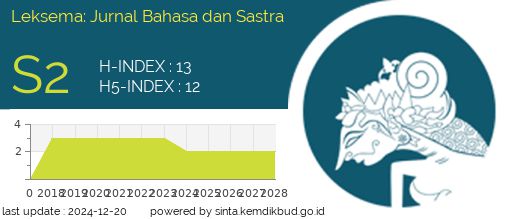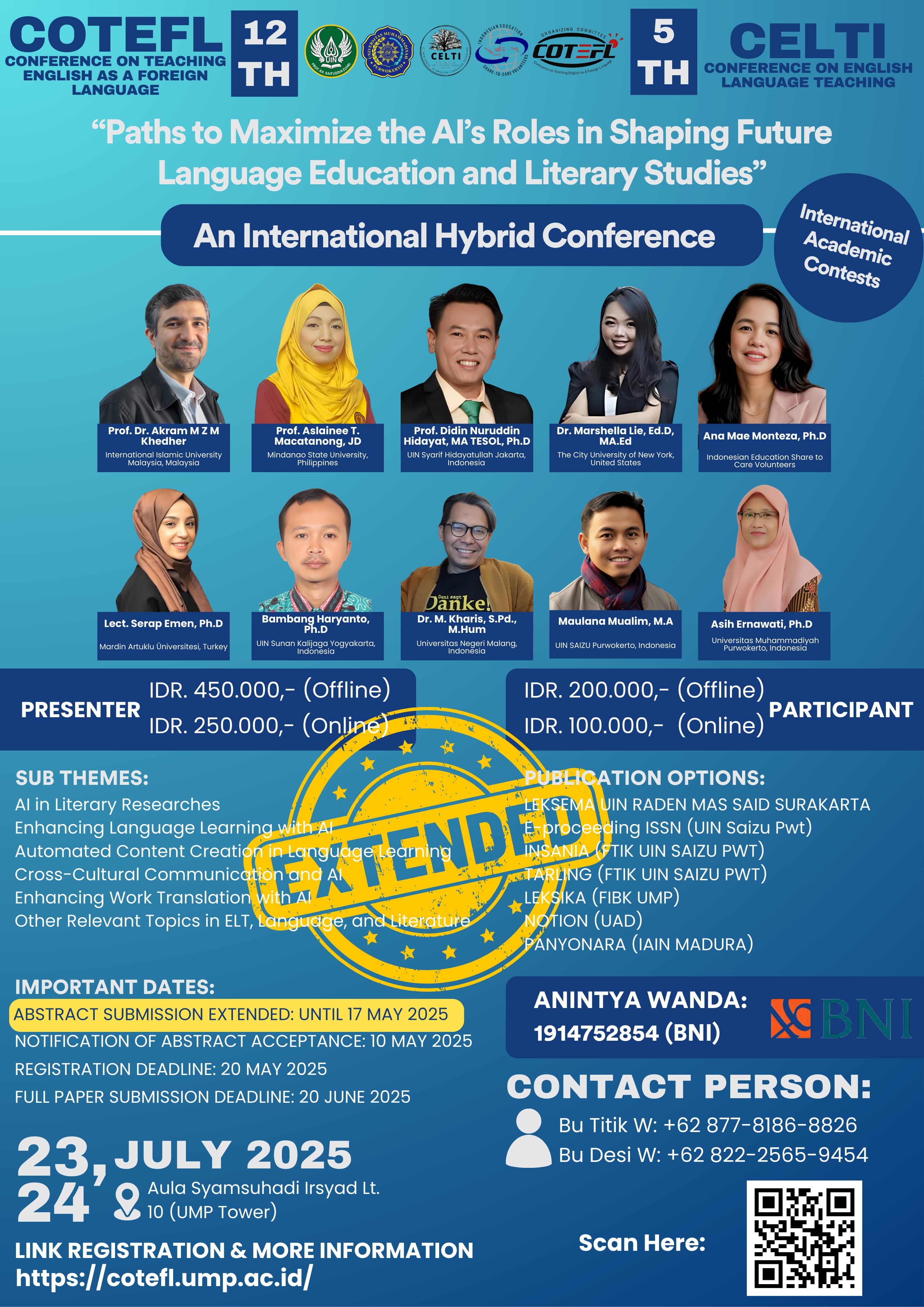ISSUES OF WESTERN FEMINISM AND ISLAMIC PARADIGM IN #UNINSTALLFEMINISM DIGITAL CAMPAIGN
DOI:
https://doi.org/10.22515/ljbs.v4i2.1760Keywords:
CDA, Islamic paradigm, Western feminism, #UnistallfeminismAbstract
Feminism has established a debatable topic on the current perceptive related to the social movement for defending women's rights. The aims of this research are to describe Instagram caption and image My body is not mine... and other discourse on social perspective, cultural, Western feminism, and Islamic paradigm. Initiated in early March 2019, the digital campaign carried out the crucial jargon #Uninstallfeminism. The method of the research is three-dimensional CDA (critical discourse analysis) based on Fairclough’s theory focusing on feminism issues that are shown on Instagram account @Indonesiatanpafeminisme and @thisisgender. The analytical data construct from the linguistic features of text implementation, discursive practice, and social practice analysis. The result shows on the linguistic feature of text implementation used much diction to describe the dominant-negative sentences that prevent the Western feminism concept. Antifeminism activists are considered as a movement that is guided by the Islamic paradigm and contrary to Western feminism. However, the notion of discourse is not closely related to Al-Quran and Sunnah. It is a different perspective to understand Western feminism that concern with gender equality based on specific situations. The situation develops on historical, perspective, and ideology. This study of feminism field can be inferred that the digital campaign of #Uninstallfeminism gives a significant impact clarifying on a different perspective based on the text from Western feminism that Indonesian women should be back to the religious rules of Islamic feminism.Downloads
References
Agger, Ben. 2009. Teori Sosial Kritis: Kritik, Penerapan, dan Implikasinya. Yogyakarta: Kreasi Wacana.
Arif, Syamsuddin. 2008. Orientalis dan Diabolisme Pemikiran. Jakarta: Gema Insani Press
Bramley, NR. 2001. Pronouns of Politics: The Use of Pronouns in The Construction of ‘Self’ and ‘Other’ in Political Interviews (Thesis) Australian National University
Bhasin, Kamla & Nighat Khan Said.1995. Persoalan Pokok Mengenai Feminisme dan Relevansinya (S. Herlina: trans.). Jakarta: GramediaPustaka
Diah, Irawaty. 2016. “Politik Seksualitas dan Pengabaian Negara Terhadap Kekerasan Seksual di Indonesiaâ€. Jurnal Perempuan, 89
Fairclough, Norman. 1995. Critical Discourse Analysis. London: Longman
Fairclough, Norman. 2003. Analysing Discourse: Textual Analysing for Social Research. London: Routledge
Halliday, MAK, W. Teubert, C. Yallop & A. Cermáková, 2004. Lexicology and Corpus Linguistics. London & New York: Continuum
Komnas Perempuan 2008. Atas Nama Otonomi Daerah, Pelembagaan Diskriminasi dalam Tatanan Negara-Bangsa Indonesia
Lisa, Tuttle. 1986. Encyclopedia of Feminism. New York: Facts of File Publication
McRobbie, A. 2009. The Aftermath of Feminism: Gender, Culture and Social Change. London: Sage publications
Hidayatullah, Syarif. 2010. Teologi Feminism. Yogyakarta: PustakaPelajar
Richardson, Alan. 2002. Mary Wollstonecraft on Education on The Cambridge Companion to Mary Wollstonecraft, (Ed.:Claudia L. Johnson). Cambridge: Cambridge University Press
Sanders, Valerie. 2006. “First Wave Feminism†in Sarah Gamble (ed.) Cambridge Companion to Feminism and Postfeminism
Thornham, S. 2006. “Feminism and Film†in Sarah Gamble (ed.) The Routledge Companion to Feminism and Postfeminism. London and New York: Routedge
Wodak, Ruth & Michael Meyer. 2001. Methods of Critical Discourse Analysis. London: SAGE
Downloads
Published
Issue
Section
License
The copyright of the received article shall be assigned to the publisher of the journal. The intended copyright includes the right to publish the article in various forms (including reprints). The journal maintains the publishing rights to published articles.
In line with the license, the authors and users (readers or other researchers) are allowed to share and adapt the material only for non-commercial purposes. In addition, the material must be given appropriate credit, provided with a link to the license, and indicated if changes were made. If authors remix, transform or build upon the material, authors must distribute their contributions under the same license as the original.






